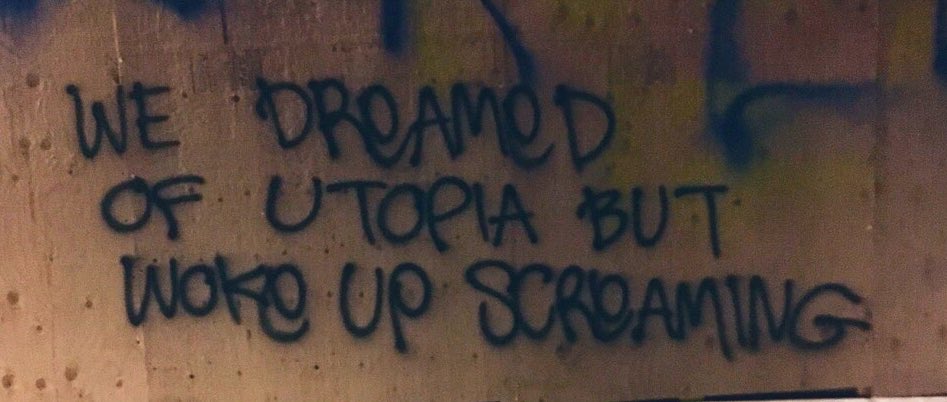During the 1980s and 1990s, this somewhat aimless critique of everything hardened into a plan for action. Analyzing how truth was a mere function of power, and then seeing that power used against distinct and oppressed identity groups, led to an understandable desire to do something about it, and to turn this critique into a form of activism. Lindsay and Pluckrose call this “applied postmodernism”, which, in turn, hardened into what we now know as Social Justice.
You can see the rationale. After all, the core truth of our condition, this theory argues, is that we live in a system of interlocking oppressions that penalize various identity groups in a society. And all power is zero-sum: you either have power over others or they have power over you. To the extent that men exercise power, for example, women don’t; in so far as straight people wield power, gays don’t; and so on. There is no mutually beneficial, non-zero-sum advancement in this worldview. All power is gained only through some other group’s loss. And so the point became not simply to interpret the world, but to change it, to coin a phrase, an imperative which explains why some critics call this theory a form of neo-Marxism.
CONNECT
Thank you, Kurt.












































































































































































No comments:
Post a Comment